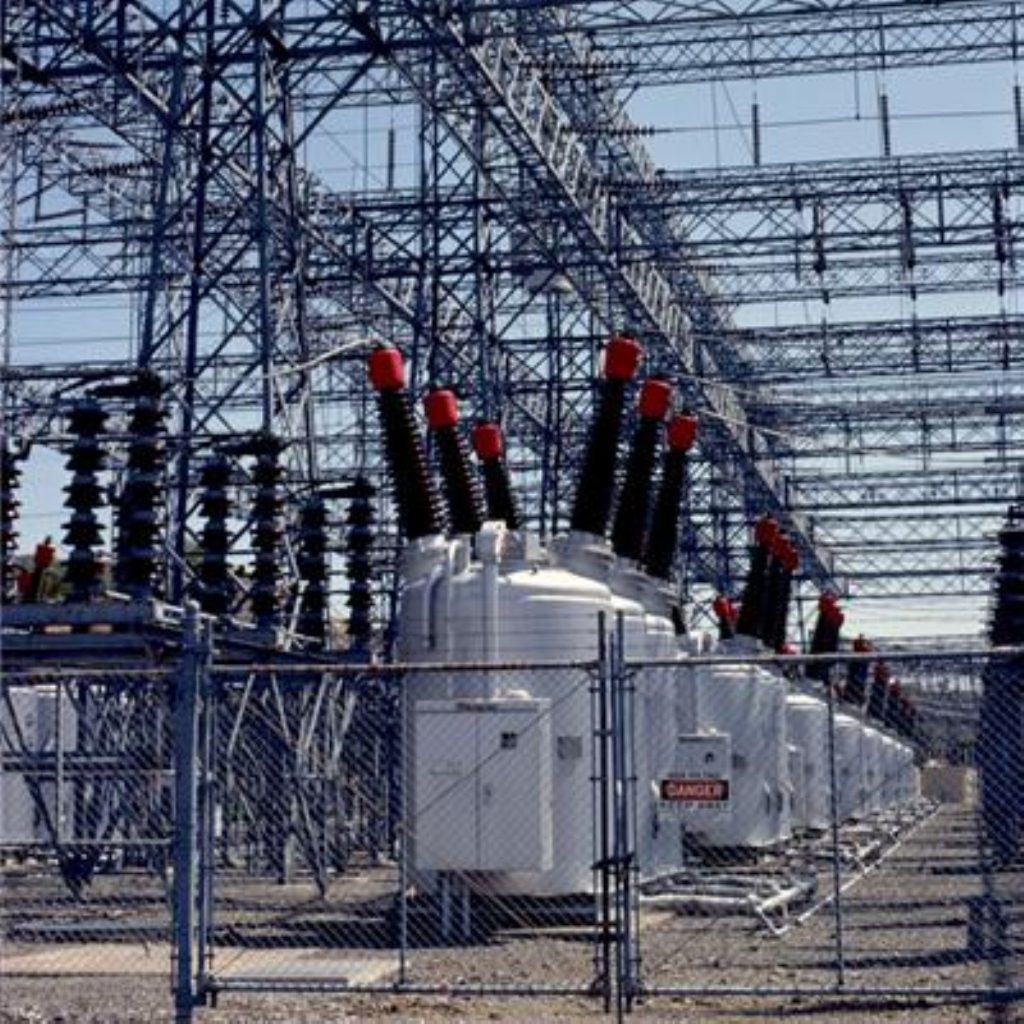‘The energy firms are right’: Price freeze power cuts fears gather momentum
Ed Miliband's energy price freeze would lead to power cuts if wholesale prices rose, the co-founder of energyhelpline.com has told Politics.co.uk.
The price comparison website, which has helped a quarter of a million customers switch providers, is calling for a cap on energy prices instead.
Director Mark Todd said the Labour party leader's plan to impose a 20-month freeze could mean the lights would go out because energy firms' primary loyalty is to their shareholders, not customers.
A spike in wholesale energy prices like that seen in 2008, combined with the freeze, would lead energy firms to say "'we can't supply power at a loss because we have to report to the shareholders… [so] because we can't make a loss we'll cut off the customer'".


Miliband has dismissed energy companies' warning that power cuts could take place by writing them off as "unreliable witnesses".
"They're the people who would say that anyway," he told BBC1's Breakfast programme.
"Even if wholesale prices rise, this freeze is going to happen. I want to be absolutely clear about this.
"We're absolutely confident the companies can stomach this, can make this happen, and we're going to make this happen."
Todd – whose accepts competition in the energy sector is letting customers down – said he doubted any politician would stand aside and let power cuts take place.
"If they set a price freeze and a lot of energy companies get into big financial difficulties, they will have to apply some flexibility," he added.
"They can't seriously allow energy companies to go to the wall."
Many have portrayed the price freeze proposal as a radical throwback to the 1970s, but Todd said a diluted version of the same approach was already in place in other sectors.
A cap on prices would prevent rip-offs at the same time as being fair for energy companies, he argued.
Margaret Thatcher's government imposed a formula preventing British Gas increasing its prices by a fixed amount relative to inflation. John Major's government did the same with the National Grid.
"We believe a maximum price if done fairly can get the best of both worlds," Todd said.
"It can stop this runaway energy price inflation, but equally it can still create a competitive market because the companies can compete below the maximum price. They don't have to charge it."
Energy price rises are up 30% over the last three years for domestic households and have doubled in the last eight years.
Had politicians managed to constrain inflation to just five per cent, the typical energy bill in the UK would stand at around £1,000 rather than £1,400.
Ten years ago regulator Ofgem declared unfettered competition was functioning properly, ending the formula price restriction of 'retail price index inflation minus x'.
"If that was true then, it isn't true now," Todd said.
"Competition isn't working any more. So they need to go back to what is, in our opinion, sensible regulation of a market which is dominated by lots of big suppliers whose primary motive is to make profit."









